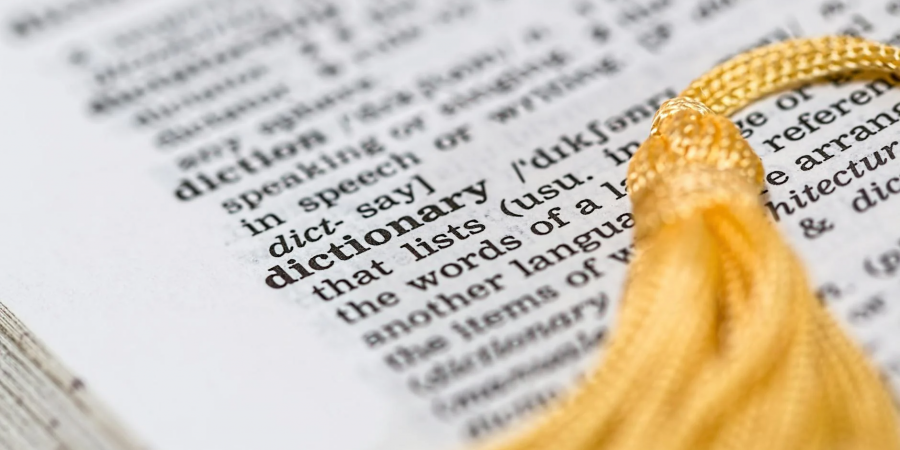

Several languages are frequently cited as particularly challenging due to their complex grammar, pronunciation, writing systems, and vocabulary. Here are some of the languages often considered the most difficult to learn:
### 1. **Mandarin Chinese**
Mandarin Chinese is widely regarded as one of the most challenging languages for non-native speakers. Its difficulties include:
- **Tonal Nature**: Mandarin is a tonal language with four main tones, meaning that the pitch at which a word is spoken can change its meaning entirely.
- **Characters**: The Chinese writing system uses thousands of unique characters, each representing a word or a meaningful part of a word. Memorizing and recognizing these characters require significant effort.
- **Grammar**: While not as complex as some other languages, Mandarin grammar differs significantly from Indo-European languages, requiring learners to adjust to new sentence structures and word order.
### 2. **Arabic**
Arabic poses several challenges:
- **Script**: Arabic script is written from right to left, which can be a hurdle for those used to left-to-right scripts. Additionally, many letters have different forms depending on their position in a word.
- **Pronunciation**: Arabic has sounds that do not exist in many other languages, including several throaty consonants.
- **Dialects**: There is significant variation between spoken Arabic dialects, making it difficult for learners to achieve broad communication skills.
### 3. **Japanese**
Japanese is challenging due to:
- **Writing System**: Japanese uses three scripts: Kanji (borrowed Chinese characters), Hiragana, and Katakana. Kanji alone includes thousands of characters, each with multiple readings and meanings.
- **Politeness Levels**: Japanese has a complex system of honorifics and polite language, which varies depending on the social context and the relationship between speakers.
- **Grammar**: Japanese grammar includes various particles and verb conjugations that indicate tense, mood, and politeness.
### 4. **Hungarian**
Hungarian is often considered one of the most difficult European languages due to:
- **Grammar**: Hungarian has a complex case system with around 18 cases, which significantly affects word endings based on their role in the sentence.
- **Vocabulary**: Hungarian vocabulary has few cognates with Indo-European languages, making it harder for speakers of those languages to learn and remember words.
### 5. **Korean**
Korean challenges learners with:
- **Alphabet**: While Hangul, the Korean alphabet, is logical and relatively easy to learn, mastering it is just the first step.
- **Grammar**: Korean has a subject-object-verb word order, which is different from English and many other languages.
- **Honorifics**: Korean language includes various levels of formality and politeness, affecting verb conjugation and vocabulary.
Thanks for reading the blog and follow me for more , thumbs UP!!
